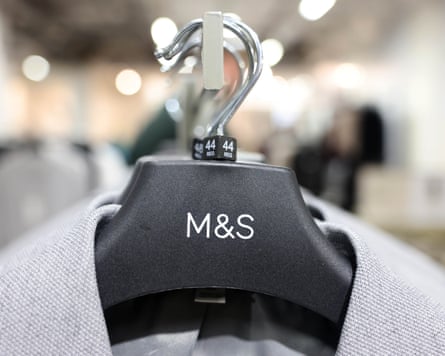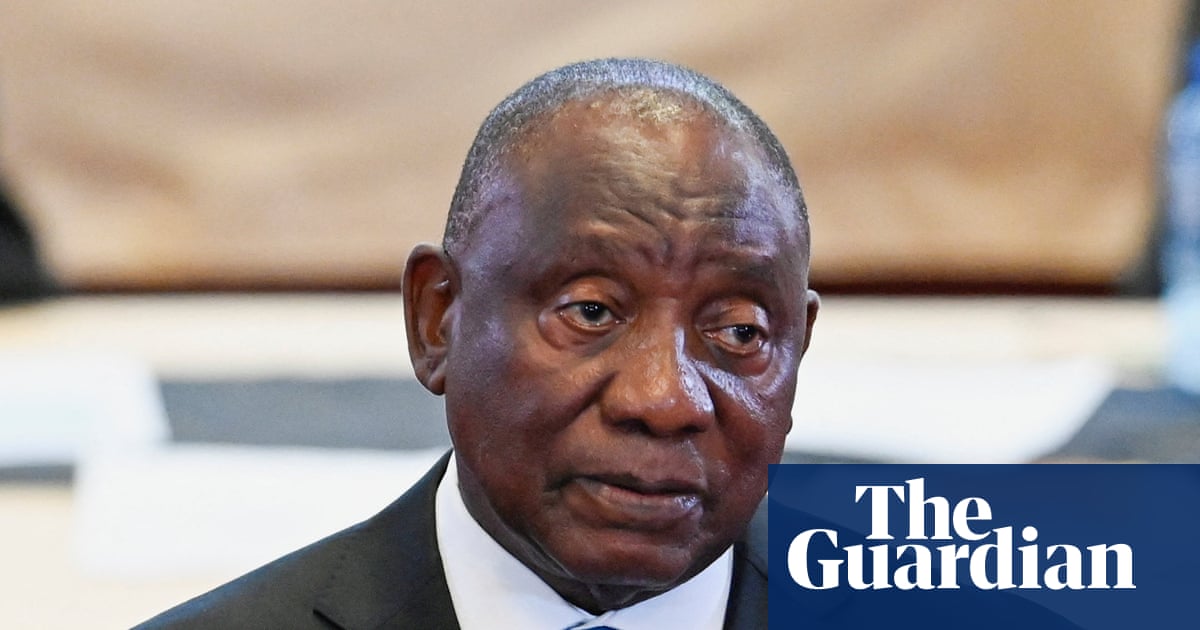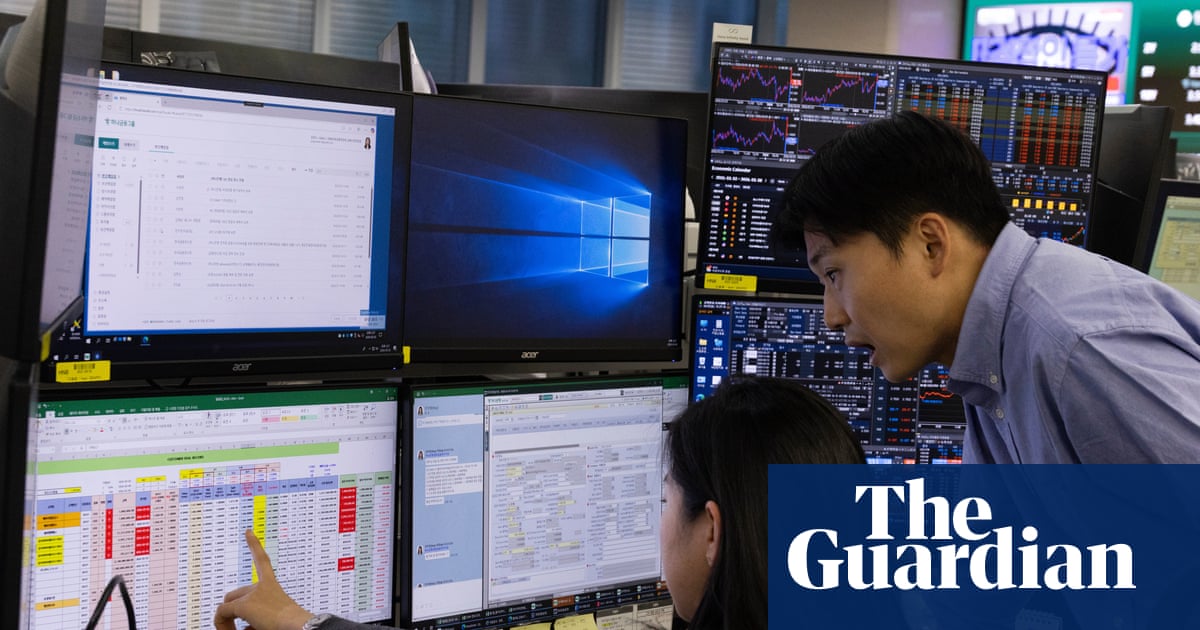You can tell Marks & Spencer is recovering from its cyber-attack trauma because Stuart Machin, the chief executive, now has time to indulge in some chancellor-baiting.
Rachel Reeves’ pre-budget speech on Tuesday was a “nothing” announcement, said Machin, that will just make consumers more worried. Even his mum had been calling him to debate what it meant.
He makes a fair point. The warmup to the budget has been far too drawn-out and the chancellor’s clunky exercise this week in trying to manage expectations, even if it was primarily aimed at the bond market, only added to the sense of confusion. The budget should have happened a month ago.
Still, back in the day job, Machin can reasonably claim “the incident” – the Easter cyber-attack that took out the website for six weeks and had M&S employees resort to pen and paper for stock-keeping – will be viewed as just “an extraordinary moment in time”.
The food side of operation has been quicker to recover, which always seemed likely because its supply chains are more UK-focused and move faster anyway. Food sales in the half were up 7.8%, maintaining the multi-year run of outpacing inflation. The cyber-pain showed in lower profit margins as manual stock control meant more waste.
The clothing and home division has been a slower slog in restoring availability – and slower than expected, conceded Machin. Losing data for weeks means losing forecasting ability, which affects everything from ordering garments to the personalisation of emails to Sparks loyalty card holders. Sales declined by 16.4% in the half, with the website obviously being the major drag.

But May’s preliminary estimate of the trading damage to profits has proved roughly accurate. Machin suggested £300m-ish back then; now he’s talking £324m, of which £100m is covered by insurance. The City viewed that as reassuring. The lingering hangover should clear fully by early next year.
At that point, everybody can look again at the story of more expansion in food, where the aim is to double sales over the long term, and the churn in the estate of “full line” stores.

The latter is an exercise in closing smaller units and opening a few bigger, and more efficient, stores and still has many more laps to run. So it feels highly likely that, after this year’s whack to profits, M&S’s numbers for the 2026-27 financial year should be what it would have achieved anyway. The round number of £1bn of pre-tax profits may follow the year after, think City analysts.
The stock market was never overly worried by the cyber-attack, it should be said. It took the clinical view that, ultimately, one lost year of profit progress does not seriously alter the value of a business worth £8bn if the medium-term trajectory is intact, which it is, and if the balance sheet is conservative, which is also the case.
Over the course of the year, M&S’s shares have gone roughly sideways. In the cyber-damage stakes, the severity was not at Jaguar Land Rover levels. Reeves’ budget, as it affects the spending power of consumers, does indeed loom larger.

 3 months ago
104
3 months ago
104

















































